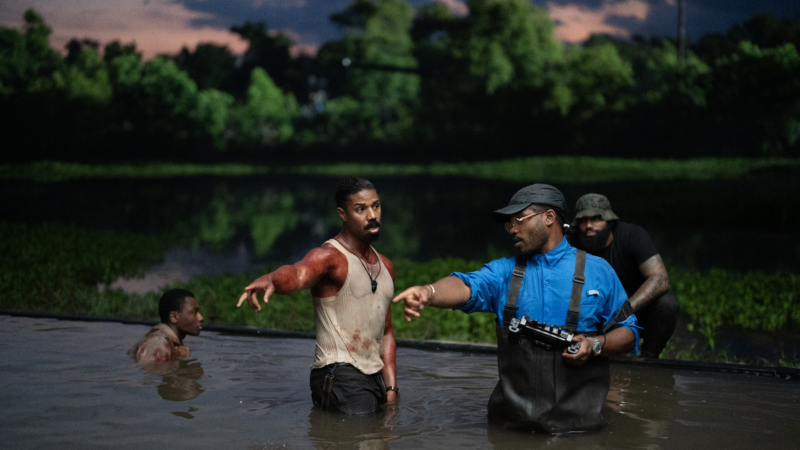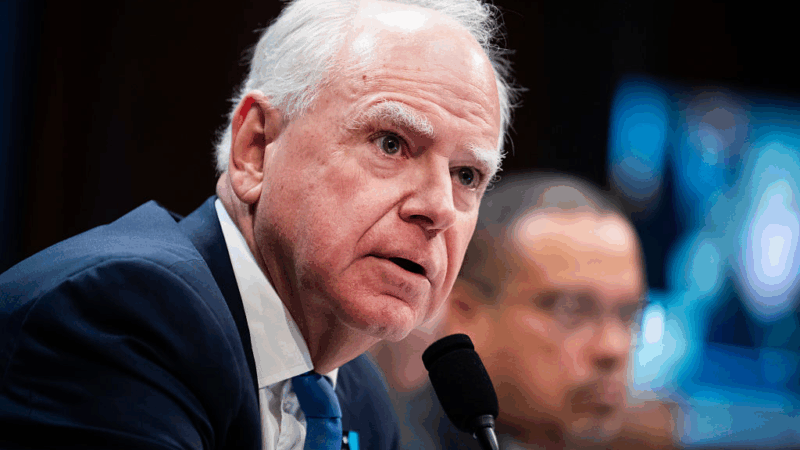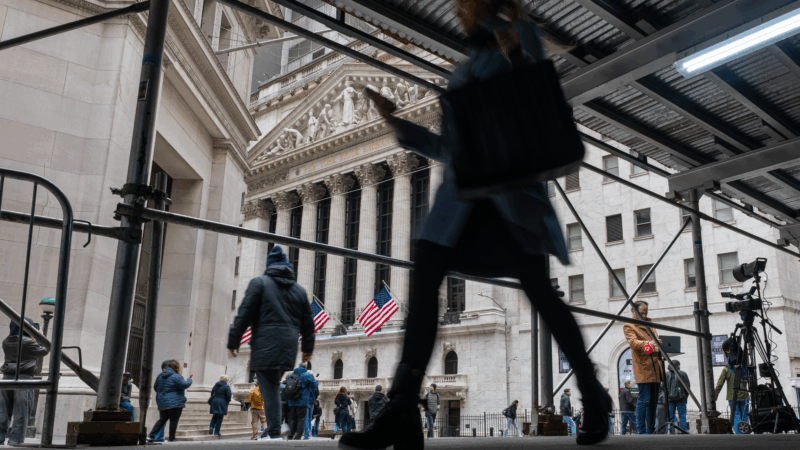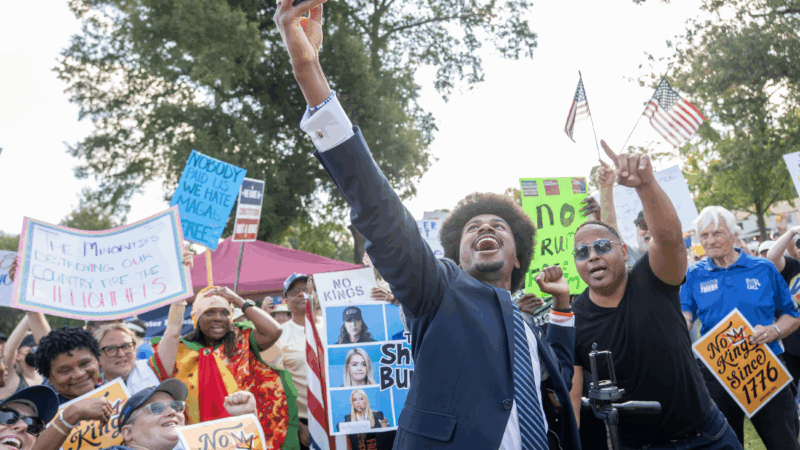Ryan Coogler and Michael B. Jordan are symbiotic. ‘Sinners’ is the latest proof
The world is falling apart, but there’s been at least one thing to look forward to this month: Sinners, Ryan Coogler’s latest film, which stars Michael B. Jordan, his muse and most frequent, fruitful collaborator. Thus far they’ve had an astonishing run of critically acclaimed and/or commercially successful creations — Fruitvale Station (Coogler’s feature debut), Creed, Black Panther; plus Jordan’s brief cameo in Wakanda Forever. It’s a list that reflects many of the industry’s ebbs and flows in a little over a decade.
Sinners is a big swing for both artists – a supernatural horror film set in 1930s Mississippi, featuring Jordan as twin brothers — with bloodthirsty vampires and ambitious musical set pieces. Even more refreshing is that it comes directly from Coogler’s imagination, making this his first feature since Fruitvale Station (2013) that doesn’t draw upon some pre-existing franchise.
Fruitvale Station landed at an important time
Fruitvale is worth revisiting; Coogler’s direction is shaggy but assured and empathetic. In his first lead role following memorable turns in The Wire and Friday Night Lights, Jordan plays Oscar Grant, a young man who was killed in Coogler’s hometown of Oakland, Calif. by a police officer on New Year’s Day 2009. Aside from a brief flashback, the film takes place on the final day of Grant’s life. Occasionally, Coogler’s efforts to counter one-dimensional narratives land upon common first-time director clichés, as in the clunky symbolism of a fictionalized scene where Grant witnesses a loose pit bull get struck by a car.

But the moment it clicks that Fruitvale Station is doing something special — avoiding many of Hollywood’s pitfalls in depicting “troubled” Black youth, and traumatic violence against Black people — comes early on, when Oscar takes a trip to the grocery store to pick up some food for his mother’s birthday celebration. In just a handful of minutes, the breadth of his personality unfolds: one instant, he’s chatting up his friend working behind the seafood counter while turning on his megawatt smile to assist (and politely flirt with) a customer who has no idea what kind of fish to fry; the next, he’s flagging down his old manager, pleading desperately for his job back, having been fired for showing up late for a shift one too many times.
Alarmingly, his plea turns into a barrage of menacing threats when the manager doesn’t relent, an unsettling side of Oscar we haven’t yet seen. Jordan makes the sudden change-up look too easy, and then just as instantly snaps out of it, back to putting on a happy face as if nothing happened as the manager walks away, and he’s beckoned by the fish-frying customer calling to him from down the aisle to thank him for his help. Jordan’s execution of this sequence achieves Coogler’s vision of complicating and ultimately humanizing Grant beyond the tragic headline; it’s fluid and subtle, slipping between chill and survival mode easily. It feels lived in.
Fruitvale landed at an opportune time in 2013. For better and for worse, the movie foreshadowed the rise in media attention on the killings of Black people by law enforcement — coincidentally, it was released the day before George Zimmerman was acquitted in the killing of Trayvon Martin — and in other filmmakers’ interests in exploring the subject. (As I’ve argued in the past, the results have been mixed; Fruitvale remains one of the standouts.) At that time, critiques of Hollywood’s dearth of opportunities for Black talent – critiques necessarily as old as the industry itself — had been on the upswing again, the ever-profitable schlock of Tyler Perry being a primary target. George Lucas spent a lot of energy in 2012 trying to convince audiences to see Red Tails, a historical war epic about the Tuskegee Airmen that also featured Jordan, so more movies starring Black people would get greenlit. (It tanked at the box office.)
With Fruitvale, Coogler was established as part of an emerging intergenerational class of new Black filmmaking talent that included Ava DuVernay and Terence Nance, right before #OscarsSoWhite sparked some notable industry changes. And though Hollywood was already shifting away from an industry driven by movie stars to one ruled by franchises, Jordan was able to adapt alongside the up-and-coming director through their fresh spins on notable intellectual property.
A cinematic partnership
It’s difficult to overstate the symbolism of this partnership and its place within a cinematic lineage that includes Sidney Poitier and Harry Belafonte, the “Black Pack,” and Spike Lee and Denzel Washington. (Lee and Washington recently reunited for the first time in nearly two decades for a remake of High and Low, called Highest 2 Lowest, set for release this year.) Coogler and Jordan are around the same age and come from similar backgrounds, and have built on this kinship by using the endearing underdog template as a means to explore variants of Black masculinity. Creed‘s Adonis “Donnie” Creed is a scrappy and stubborn aspiring boxer with a chip on his shoulder (the burden of the legacy of the late father he never got a chance to know), while Black Panther‘s ruthless Erik Killmonger holds an understandable grudge against Wakanda for the death of his father and the country’s passive stance on the oppression of Black people around the world. (The prevailing notion still goes: Killmonger was indeed right ideologically, even if his execution was flawed.)

Smoke and Stack, the twin brothers Jordan plays in Sinners, are less underdogs than they are enterprising hustlers when we first meet them. Still, Coogler deploys supernatural elements to swiftly position them as Davids to the Goliath of white supremacist forces. Each of them responds differently to this call to a battle for souls.
These are signs of symbiosis, in which a director understands how to make a performer shine, and the performer returns the favor.
Aside from creating indelible characters, their pairing proves that thus far — Calvin Klein ads notwithstanding — Jordan’s never looked cooler or been more dynamic in his leading-man era than he has in his collaborations with Coogler. The triumphant training montage in Creed, when Donnie’s jogging through the streets of Philly flanked by wheelie-popping dirt bikers and a contemporary version of the iconic Rocky theme; that sick moment in Black Panther when the camera frame does a full 180-degree tilt as Erik saunters toward the throne after defeating Chadwick Boseman’s King T’Challa, kicking the film’s third act into high gear. These are signs of symbiosis, in which a director understands how to make a performer shine, and the performer returns the favor. Without Remorse, Jordan’s forgettable attempt at establishing another canonical franchise character, this time within the Tom Clancy universe, was too generic to effectively utilize his primary assets: amiability and swagger. And the less said about the bland bro rom-com That Awkward Moment and 2015’s Fantastic Four the better. When Coogler and Jordan are together and locked in, they’re locked in.
Sinners serves as a new test for both of them. Without a familiar IP, will audiences turn out to theaters based on the familiarity of its pedigree alone? More importantly — at least to this critic — is pondering how their creative partnership manifests in a new onscreen world. And the answer is: beautifully.
If you loved ‘Sinners,’ here’s what to watch next
So you loved best picture nominee Sinners. What should you watch next? We asked our audience to share their recommendations. They suggested Near Dark, The Wailing and other vampire horror films.
U.S-Israeli strikes continue across Iran, Iranian drones hit Azerbaijan
The U.S. and Israel said they conducted new strikes inside Iran overnight, targeting ballistic missile launchers. Iran claimed it struck a U.S. oil tanker in the northern Persian Gulf.
In lawsuit, Minnesota accuses Trump administration of ‘weaponizing’ Medicaid funding
The federal government said the state should do more to fight fraud and is holding back funds. Minnesota officials say the attack is unfair as the state's fraud rate is well below national averages.
Wall Street is betting on tariff refunds after Supreme Court ruling
When the Supreme Court struck down many of President Trump's tariffs, it left importers wondering how long they'd have to wait to get their money back. Hedge funds are offering to help out.
A run for their money: Young candidates rival older incumbents in midterm fundraising
As a growing crop of young candidates challenge longtime Democratic incumbents, some are not just breaking through in the money race, but outraising their opponents altogether.
Announcing the 2025 NPR College Podcast Challenge Honorable Mentions
Here are some of the best entries in NPR's 2025 College Podcast Challenge.







